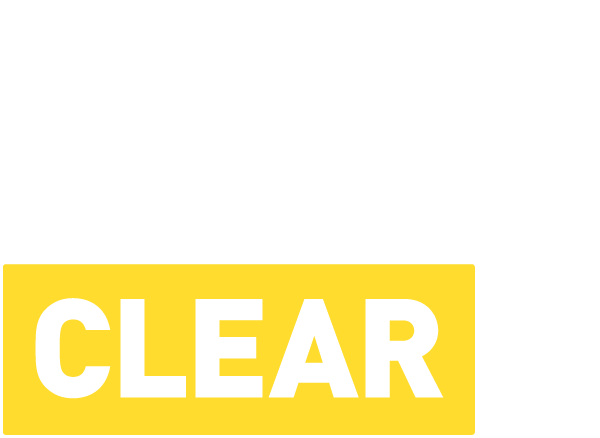December is a critical month for high school students. For seniors, December is when they start receiving admissions decisions from colleges for Early Action/Early Decision applications. While December marks the end of a long period of work for seniors, it marks the beginning of an important period in the life of your junior.
I sent the following email to all my juniors and am sharing this with you so that you can be prepared as your own student begins to journey down this road.
Senior year will be fun, but it will also be hard. This catches some students off guard. You will be taking some of your hardest classes AND celebrating a lot of "lasts": your last first day of high school, last Homecoming dance, last football game, etc. There will be a lot of things competing with your goal to get your applications and essays done. And you will be doing this with some uncertainty because we do not yet know what restrictions we will be under for COVID. Regardless, one thing is certain: you will be applying to college, and there will be deadlines, so plan ahead. I recommend students complete all applications, regardless of deadline, by Thanksgiving, which is November 25, 2021 (mark your calendar!).
What's the best way to reach that Thanksgiving goal? Here are three tips, straight from my current seniors:
Start early - the earlier you do the work, the easier the road ahead will be
Divide the work into chunks - Do you know how to eat an elephant? One bite at a time. If you can do some work each month between now and next November, you will be less stressed and more able to enjoy your senior year activities. I suggest setting aside a regular time each week to work on your college assignments.
Stay connected - to your high school counselor, to your teachers and to your independent educational consultant, if you are using one. Each of these people will play a critical role in keeping you on track so read the emails they send you, be active in class and look for opportunities to share your plans with them.
Here is what you can expect over the next few months:
Testing plan - by now, you should know which test is best for you (ACT or SAT) and you should have registered to take that test three times between now and the end of junior year. I know many test dates have been canceled due to COVID, so it’s a good idea to keep track of your registrations to share this with your colleges on the application. Follow me on Facebook as I will share information about which colleges will be extending their test-optional or test-blind policies to the class of 2022.
College Criteria - by December, you should have an idea of what you want and need in a college experience, begin researching colleges, AND have a plan to visit some schools (virtually!) to firm up these criteria.
Major - by January/February, you should have a good idea of what academic subject interests you most and how you might learn more between now and senior year through an internship, job, research project, or other activity.
College List - by March/April, you should have a fairly solid list of colleges that you are interested in applying to (and be able to say why)
Application/Essay Preparation - by May, you should have all your high school materials gathered and begin to work on applications and essays by doing some preliminary writing; you also will have identified two teachers to ask for recommendations before school is out.
Application/Essay Execution - during the summer, you will identify how many applications you will complete, how many essays need to be written, and how you will get that work accomplished by that Thanksgiving deadline.
If you stay organized and have put in the work during your junior year, senior year will go much more smoothly.
To set up a free consultation to learn more about my process and how it might benefit you or your student, click here.





